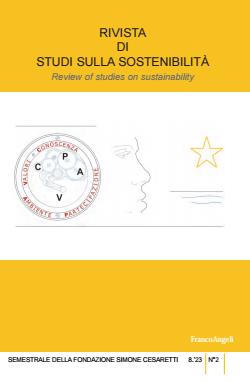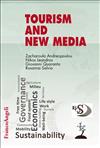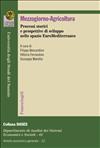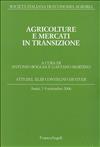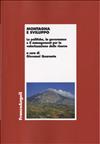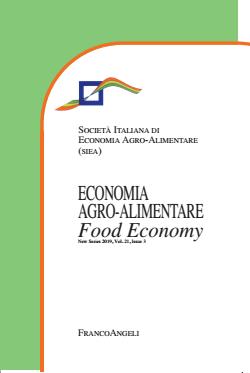
The sustainability of food systems is a central issue in academic and political debate at a national and global level. Involving the various actors in food systems through a multi-actor platform approach is increasingly recognized as a way to promote sustainability because it is a strategy capable of ensuring resilience and an effective mechanism to guarantee the co-creation of knowledge and the definition and implementation of innovation. In order to ensure that the actors/ stakeholders involved are an authentic reflection of the food system, understood as a socio-ecological system i.e. the result of interactions between the socio-economic and ecological components, it is essential to use analytical tools that allow a multidisciplinary approach and that can act as devices for knowledge co-creation and promoting of collaborative approaches. This paper uses a modified version of the SES framework, designed to allow the integration of a range of collaboration behavioural factors for sustainable agri-food chains. The objective is to strengthen the analysis of the structural aspects of SES with assessment of the behavioural factors that can significantly influence the path of sustainable transformation that the SES could undertake. The study analyses the implementation of a good practice multi-actor collaboration and gives an ex ante evaluation of the adaptive mechanisms needed to activate an effective transfer, considering: - the structural characteristics of the agri-food socio-ecological systems involved in the "re-use of good practice"; - the quality and density of behavioural factors present in the socio-ecological systems involved in the "re-use of good practice". The "re-using" socio-ecological systems are all quite different, which makes the challenge of adapting the innovation more complicated. The wine producing systems involved show different levels of aggregation and capacity for adding value. There is a high risk that the costs of implementing the innovation will fall principally to the farmers, while the increase in value generated will not. For this reason, it is important to guarantee, through the initial design and subsequent implementation of the multi-actor platform, that the platform can express, recognize, and address these kinds of challenges.
